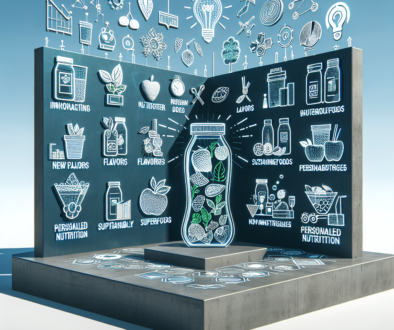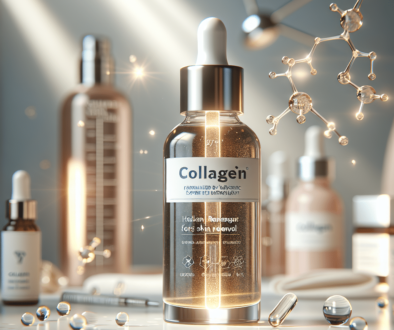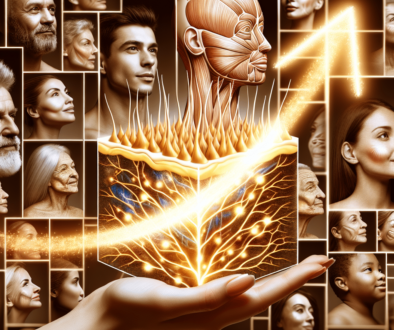Establishment And Evaluation Of Culture Methods For Osteoblasts Derived From Female Suckling Rat Skulls
Keywords
? ,Collagenase,Trypsin,Osteoblast,Cell Culture,? , Collagenase, Trypsin, Osteoblasts, Cell Culture
Abstract
Objective: To explore the best method for establishing in vitro culture of neonatal mouse osteoblasts and to provide a stable and reliable source of seed cells for bone tissue engineering research. Methods: The skulls of neonatal mice (within 48 hours) were used to culture cells in vitro using a modified two-step digestion method of trypsin and collagenase. The cell morphology was observed under an inverted microscope, and the alkaline phosphatase (ALP) activity and mineralization ability were observed. Identify and draw cell growth curves to observe the phenotypic characteristics of osteoblasts. Results: Primary cells inoculated 24? After 1 hour, some round cells can be seen adhering to the wall in a scattered manner. At 48 to 72 hours, they completely adhere to the wall and stretch into a plump and polygonal shape, forming multiple colonies. At 7 to 8 days, the number of colonies increases rapidly. By about 10 to 15 days, the cells enter the rapid growth phase. The cells in the center of the colony are densely packed, and the surrounding cells are arranged in a radial or swirling pattern. There is no contact inhibition between cells, and there is overlap between colonies; the fused cells grow in overlapping and stratified layers after 15 to 20 days. The morphology of cultured osteoblasts shows irregular polygons, mostly irregular triangles or quadrilaterals, with short and thin protrusions on the surface. Hematoxylin staining, alkaline phosphatase staining and alizarin red staining of mineralized nodules confirmed that they had a complete osteoblastic phenotype and were indeed osteoblasts. Conclusion: The improved collagenase and trypsin combined digestion method can obtain high-purity osteoblasts in a short time, and is expected to become a routine method for seed cell culture in bone tissue engineering. ª£
For further information of this article and research, feel free to contact our team for asssitance.
Original research was done by Na Jian, Ma Chao, Huo Weiling, Qin Ruiyun, Xu Yong, Wang Tao, Wu Xiaodong, Gu Guishan
About ETChem
ETChem, a reputable Chinese Collagen factory manufacturer and supplier, is renowned for producing, stocking, exporting, and delivering the highest quality collagens. They include marine collagen, fish collagen, bovine collagen, chicken collagen, type I collagen, type II collagen and type III collagen etc. Their offerings, characterized by a neutral taste, and instant solubility attributes, cater to a diverse range of industries. They serve nutraceutical, pharmaceutical, cosmeceutical, veterinary, as well as food and beverage finished product distributors, traders, and manufacturers across Europe, USA, Canada, Australia, Thailand, Japan, Korea, Brazil, and Chile, among others.
ETChem specialization includes exporting and delivering tailor-made collagen powder and finished collagen nutritional supplements. Their extensive product range covers sectors like Food and Beverage, Sports Nutrition, Weight Management, Dietary Supplements, Health and Wellness Products, ensuring comprehensive solutions to meet all your protein needs.
As a trusted company by leading global food and beverage brands and Fortune 500 companies, ETChem reinforces China’s reputation in the global arena. For more information or to sample their products, please contact them and email karen(at)et-chem.com today.



